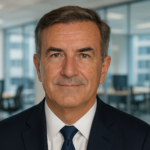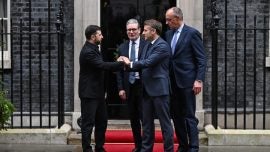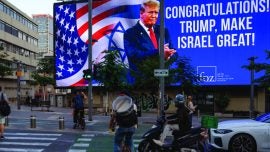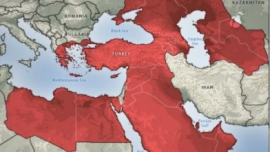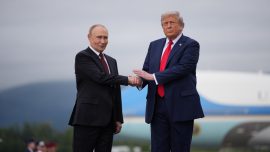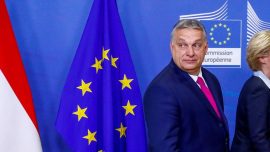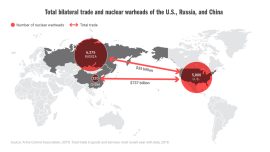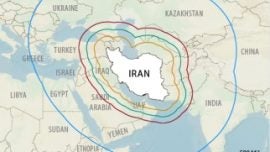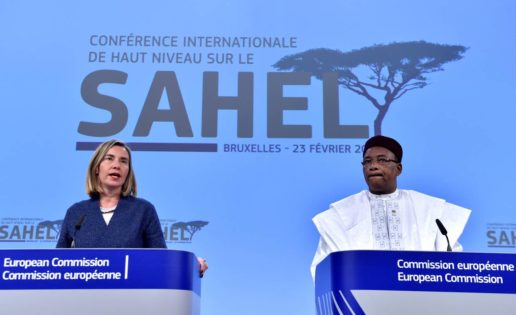
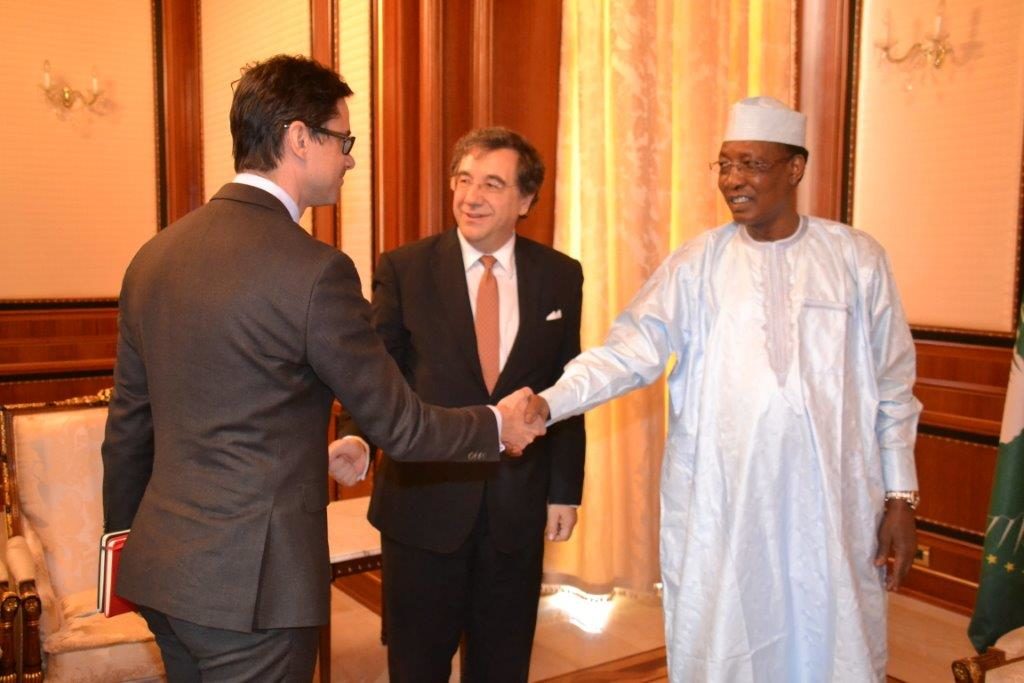
The geographical Sahel, a word whose meaning is “border”, is an area of 500 km wide and 5,400 km long, which separates white, Arab and Berber Africa from black Africa.
The Sahel area is the main route of road transportation between the North and the South and the East and the West of Africa.
The two biggest challenges for the countries bordering the Southern limits of the Saharan desert, that is to say, the Sahel, are security and economic development.
Indeed, the two of them are directly interconnected.
And the link between the two is trade, in general, and road transportation to facilitate trade, more specifically.
On the one hand, the area lives under strait economic and social conditions – high levels of poverty across the population of the countries sitting in this area, low levels of human development and a fertility rate that, in the case of Niger, reaches to 7.1 births per woman as an average.
On the other hand, the existing formal roads across this vast geographical area are in themselves synonymous of safe and secure territory for transit of people and goods.
In fact, in countries such as Mauritania, formal roads are considered as safer zones and experts in the area usually refer the fact that the country’s security forces are instructed to take any vehicle moving around the country outside them “as an enemy, which deserves to be immediately engaged”.
This is why the Sahel G5 countries (Burkina Faso, Chad, Mali, Mauritania, and Niger) are so interested in building two new roads that will cut across the whole area, for which the European Union (EU) has expressed interest in financing, and a rail train from Nouakchott, the capital and the largest city of Mauritania, horizontally, all the way to the most Eastern end of the Sahel, even though the business case for this latter is not so robust, given the potentially enormous political implications for the region.
Against this context, IRU’s key mission across Africa is to support governments and the private sector to facilitate safe and secure trade and to reduce the costs associated to it.
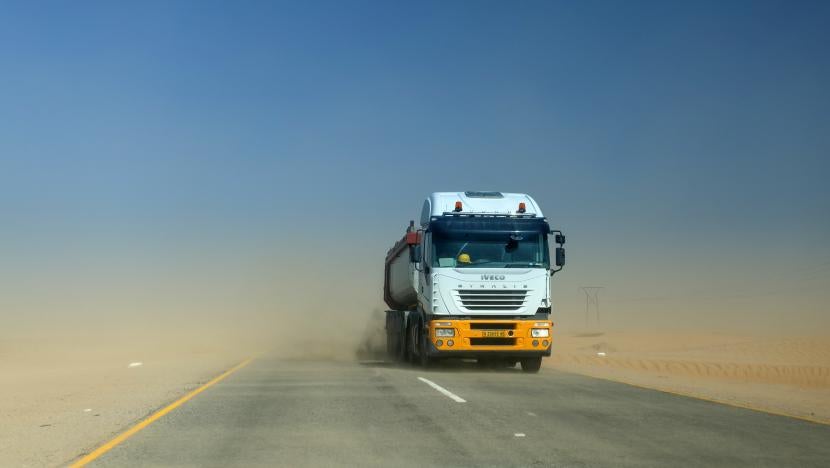
Currently, businesses, manufacturers and producers are hampered by the high costs incurred by transporting goods from production points to export zones such as ports, and import costs are also unsatisfactorily high.
The burden of high transport costs, incurred by poor infrastructure or lengthy border controls, impacts the costs of goods for consumers and affects the attractiveness of African nations to investors.
By working with national governments, regional economic communities and the private sector, IRU is helping businesses and transport operators look at ways to reduce the cost of trade, and, crucially, more efficiently connect with global and regional markets via ports and trade corridors.
One of IRU’s key areas of focus is to improve flows across borders and reduce the financial obligations and waiting times associated with these barriers, thus bringing overall costs down, as outlined in a recent IRU report, “Transit Costs in East and Southern Africa”.
With improved transit and cross-border procedures, companies across Africa would have greater ‘predictability’ – i.e. have a better understanding of when their goods will arrive.
For example, without knowing when goods will arrive, companies need a larger inventory to prevent running out of goods, parts, or stock, and a bigger inventory is more costly.
Hence, the goal of this transit and cross-border improvement is to enable companies to adopt ‘just-in-time’ logistics. Therefore, IRU is engaging with governments and regional economic communities throughout sub-Saharan Africa to advocate for the implementation of trade facilitation tools.
IRU is also working to establish Associate Training Institutes (ATIs) in order to drive forward professional standards in the transport sector.
Training increases the predictability, professionalism and efficiency of transport operators, and is also a key factor in delivering improvements in safety: a critical issue for many countries in the region, some of which have the world’s highest incidence of road traffic fatalities.
IRU is experienced in providing good opportunities to bring policy makers and the private sector together and to identify key issues relating to public transport and urban mobility, which should eventually culminate in a set of policy recommendations aimed at tackling many, if not all, the main challenges mentioned above.
Additionally, if regional integration is going to really work, then the movement of vehicles and drivers themselves also needs to be safe and efficient.
This is why IRU is working with regional economic communities and governments to advice on how to harmonise regional transport systems.
IRU is currently engaged in the development of standards for access to the profession for commercial drivers and transport managers and is also working, in partnership with regional transport associations, to support the development of regional standards for truck stops – ensuring that truck drivers can access a suitable level of safety and comfort on the key arterial routes throughout the region.
IRU has already launched its TRANSPark mobile app in Africa as a tool to help drivers plan their routes and identify safe parking areas.
Initially available on the North-South Corridor, simply showing the locations of known parking areas, IRU further expanded the service in February 2016 so that drivers and other users can locate border posts, weighbridges, toll stations, police checkpoints, and roadside wellness clinics, as well as additional parking areas.
Much remains to be done across Africa, in general, and in the Sahel area, in particular, and IRU is a trusted partner for governments, the private sector, regional multilateral organisations and donors, EU included, to make of road transport the key driver for economic development and safety, and, ultimately, for bringing about peace and security in this region and in the whole continent.
___________________________________________________________________________
Photo 1 – High Representative of the European Union for Foreign Affairs and Security Policy, Federica Mogherini (l) and President of Niger Mahamadou Issoufou (r).
Photo 2 – European Union Special Representative for the Sahel, Ángel Losada
With the contribution of Marie-Helene Vanderpool and John Kidd.
MundoOtros temas
